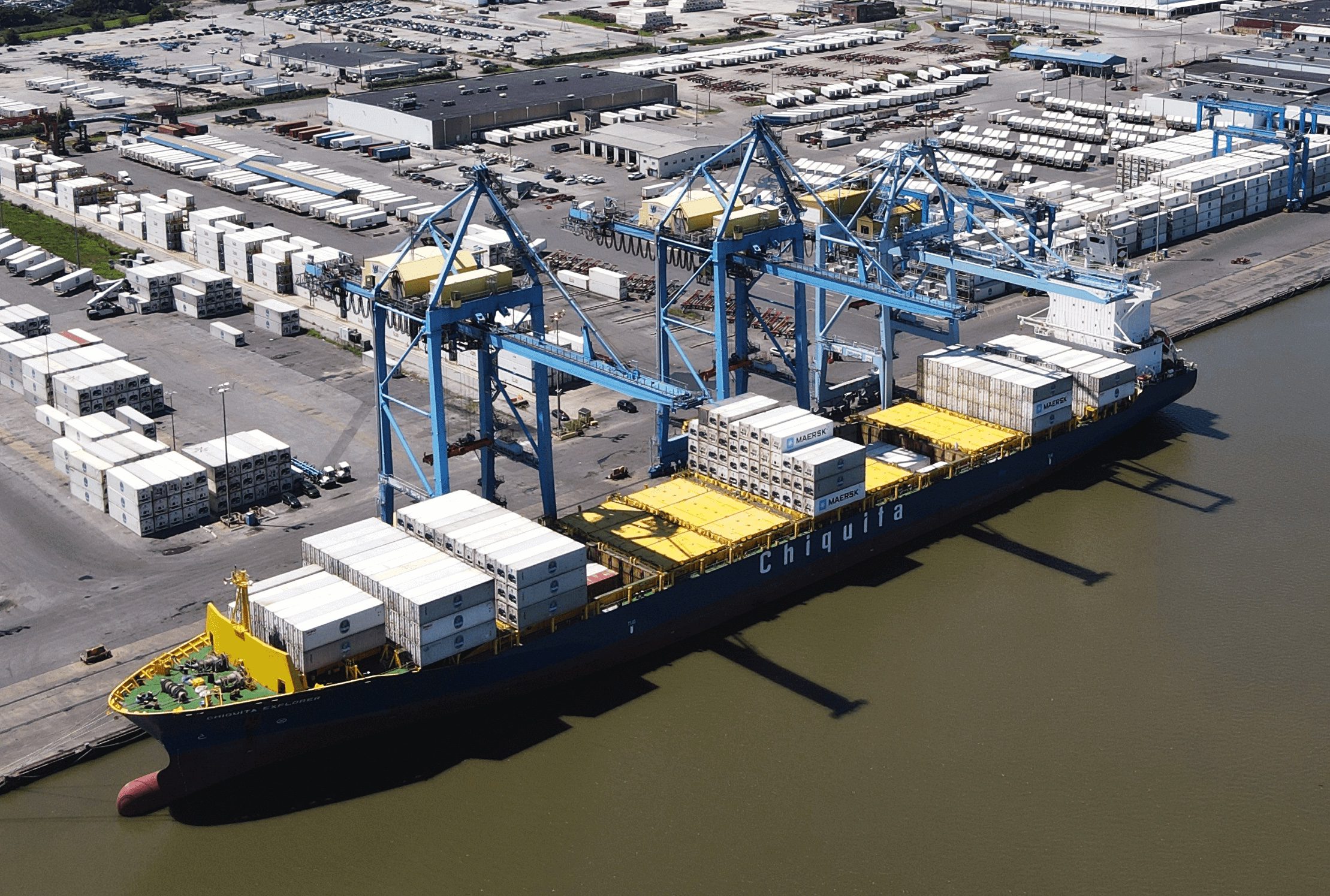Via NOAA.gov:
UNH/NOAA Report: Arctic Region Underprepared for Maritime Accidents
January, 29, 2009
The existing infrastructure for responding to maritime accidents in the Arctic is limited and more needs to be done to enhance emergency response capacity as Arctic sea ice declines and ship traffic in the region increases, according to new report released today by the University of New Hampshire and the National Oceanic and Atmospheric Administration.
The report details findings from a panel of experts and decision-makers from Arctic nation governments, industry and indigenous communities convened by the Coastal Response Research Center, a UNH-NOAA partnership housed at the university. The panel, which included representatives from the U.S. Coast Guard and U.S. Arctic Research Commission, assessed the potential threat of maritime accidents in the Arctic and the ability of nations in the region to respond effectively to vessels in distress, oil spills and other situations.
“The reduction of polar sea ice and the increasing worldwide demand for energy will likely result in a dramatic increase in the number of vessels that travel Arctic waters,” said Nancy Kinner, UNH co-director of the CRRC and a professor of civil and environmental engineering. “As vessel traffic increases, disaster scenarios are going to become more of a reality.”
The report’s key recommendations include:
- Strengthening multinational plans and agreements for all types of responses
- Improving logistical support capabilities for disaster responders
- Updating weather data and navigational charts for the Arctic
- Studying the behavior of oil in cold water and improving technologies for spill response in Arctic conditions
- Designating potential ports in the Arctic where damaged vessels can be taken to safeguard them against the Arctic’s harsh environmental conditions and reduce the risk of harm to the environment
The report’s findings and recommendations are based on the panel’s examination of five potential emergency response scenarios: a grounded cruise ship whose 2,000 passengers and crew must abandon the vessel; an ice-trapped and damaged ore carrier; an explosion on a fixed drilling rig north of Alaska; a collision between a tanker and fishing vessel that results in a large oil spill; and the grounding of a tug towing a supplies barge in an environmentally sensitive area near the Bering Strait.
“Now is the time to prepare for maritime accidents and potential spills in the Arctic,” said Amy Merten, NOAA co-director of the CRRC. “This report clearly indicates that international cooperation and adequate resources are key to saving lives and protecting this special region.”
Download the full PDF HERE

 Join The Club
Join The Club









